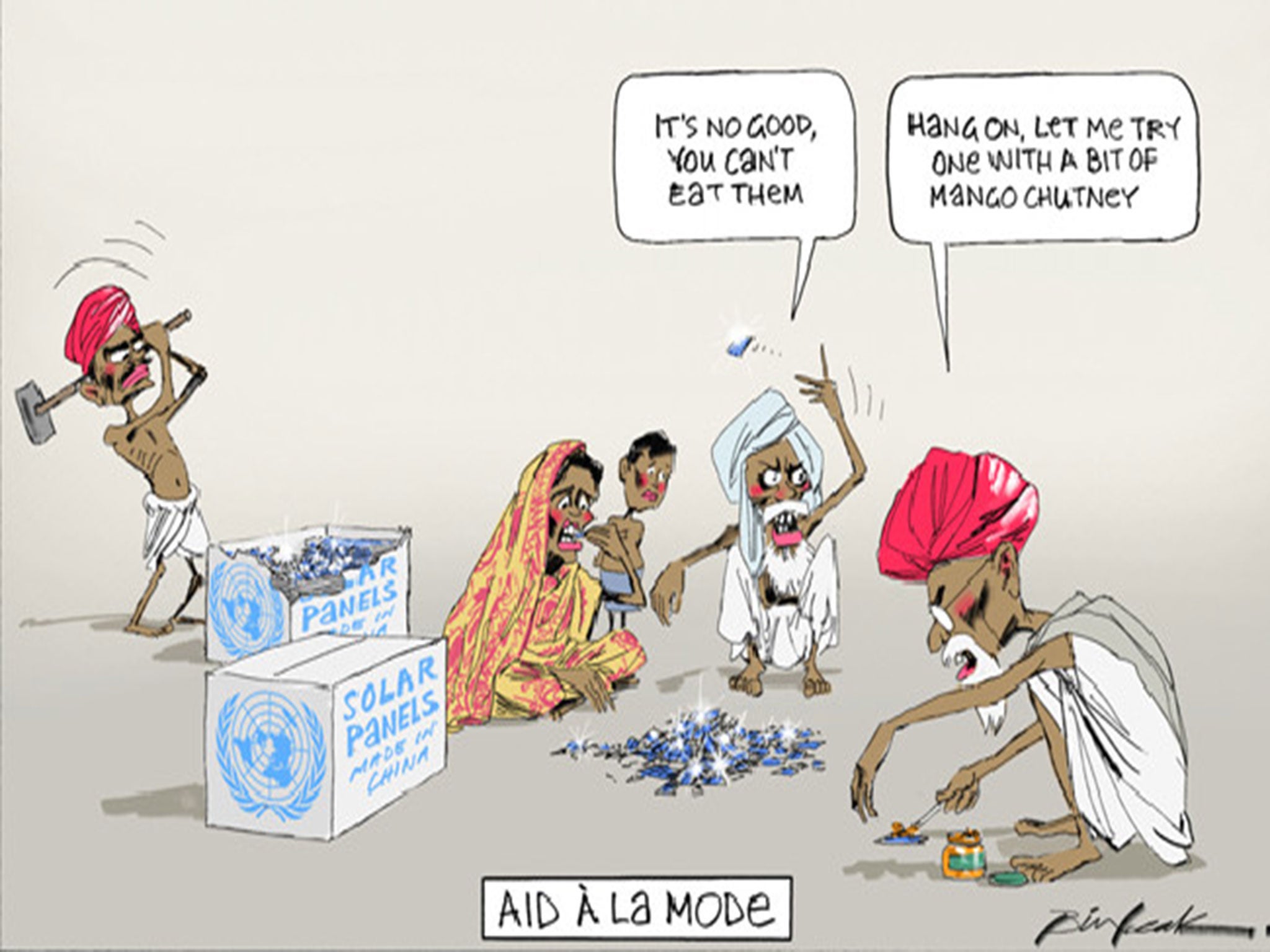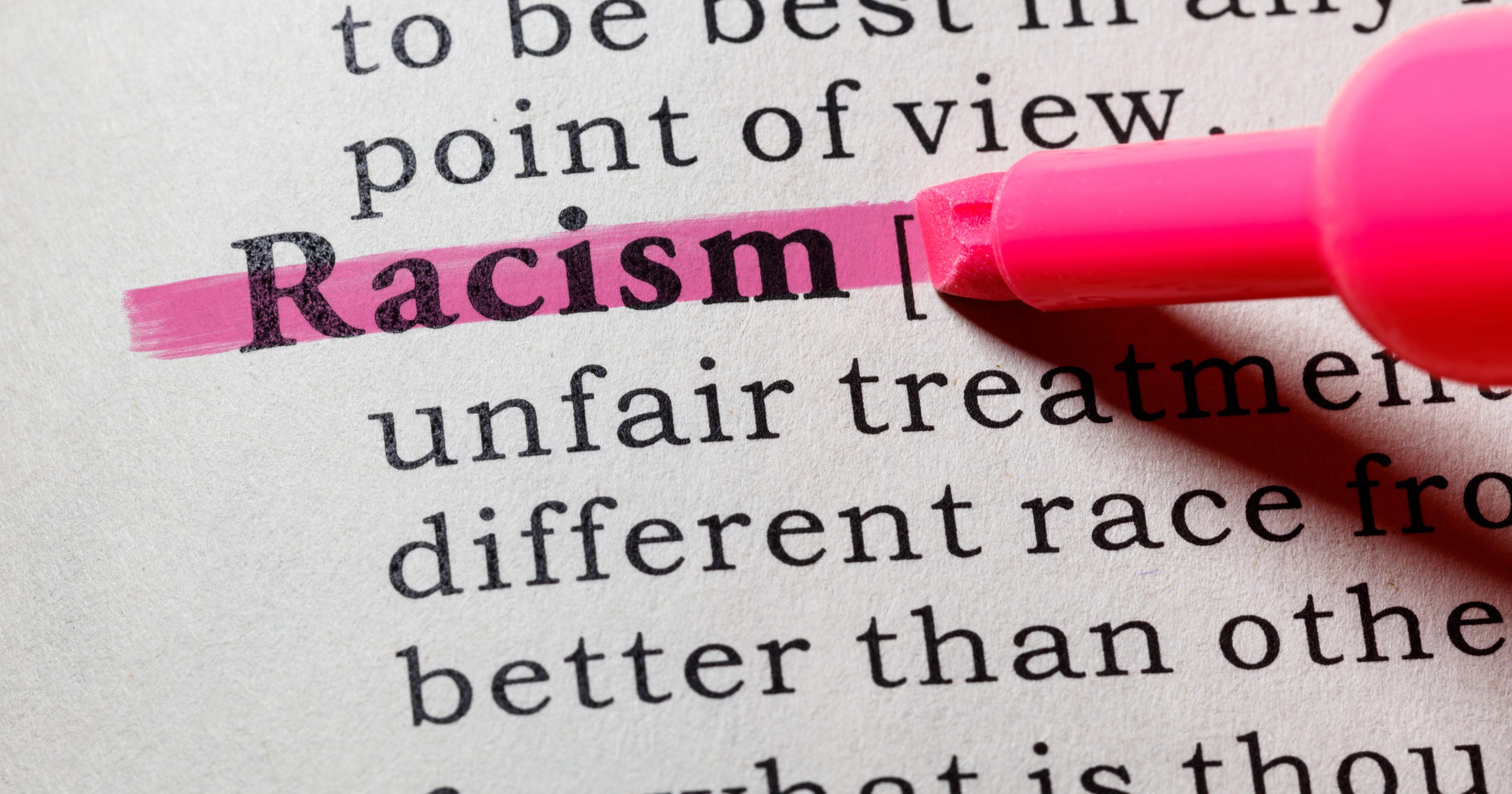Racist Jokes: Understanding The Impact And Finding A Better Way To Connect
Let's talk about something that's been buzzing around for ages—racist jokes. Now, I know this might sound like a touchy subject, but hear me out. Racist jokes have been a part of our cultural landscape for way too long, and it's time we dive deep into why they’re harmful and how we can move forward in a more positive direction. This isn’t just about jokes; it’s about understanding, respect, and human connection.
Racist jokes, whether you laugh at them or not, carry a weight that goes beyond mere humor. They perpetuate stereotypes and create divides where none should exist. In today’s world, where diversity and inclusion are more important than ever, it’s crucial to take a step back and evaluate why these jokes still exist and how they affect those around us.
Think about it this way: humor is a powerful tool. It can bring people together, break down barriers, and even heal wounds. But when humor turns into something that hurts, it’s time to rethink its place in our lives. That’s exactly what we’re going to explore in this article—why racist jokes are harmful, how they impact society, and what we can do instead to foster genuine connections.
- Alicia Rosenblum Leaks The Untold Story You Need To Know
- Marjorie Taylor Greenes Children A Closer Look At The Family Life Of A Controversial Congresswoman
What Exactly Are Racist Jokes?
Racist jokes are, well, jokes that rely on racial stereotypes, prejudices, or offensive content to generate laughter. They often target specific groups based on their race, ethnicity, or cultural background. Now, here’s the kicker—they’re not just harmless fun. These jokes can reinforce harmful biases and create a toxic environment where discrimination and prejudice thrive.
For example, you might hear someone say, “Why did the [insert race here] guy bring a ladder to the bar? Because he heard the drinks were on the house!” Sounds funny, right? Wrong. Jokes like this perpetuate stereotypes and reduce entire communities to one-dimensional caricatures. It’s not cool, and it’s definitely not okay.
Why Are Racist Jokes Harmful?
Let’s break it down. Racist jokes harm people in more ways than one. First off, they contribute to a culture of intolerance. When someone laughs at a joke that makes fun of someone’s race, it sends a message that it’s okay to dismiss or belittle others based on their background. This can lead to real-world consequences, like increased discrimination and even hate crimes.
- Hannah Barron Nude Leaks Unveiling The Truth Behind The Controversy
- Alice Rosenblum Exposed The Untold Story You Need To Know
Secondly, racist jokes hurt individuals on a personal level. Imagine being the target of a joke that mocks your heritage or culture. It’s not just a joke—it’s a direct attack on your identity. People who experience this kind of humor often feel isolated, disrespected, and undervalued. And let’s face it, nobody deserves to feel that way.
Common Misconceptions About Racist Jokes
There are a few misconceptions floating around about racist jokes. Some people think they’re just harmless fun, while others argue that “it’s all in good humor.” But here’s the truth: humor doesn’t have to come at the expense of others. Let’s debunk a few of these myths:
- Myth 1: “It’s just a joke, don’t take it so seriously.” – Nope. Jokes that perpetuate harmful stereotypes are never just jokes. They have real-world consequences.
- Myth 2: “If you can’t handle a joke, you’re too sensitive.” – Sensitivity is a strength, not a weakness. Being sensitive to others’ feelings shows empathy and respect.
- Myth 3: “If I didn’t mean it to hurt, it’s not offensive.” – Intent doesn’t always equal impact. Even if you didn’t mean to offend, the effect on others still matters.
The Psychology Behind Racist Jokes
So, why do people tell racist jokes in the first place? It’s not just about humor—it’s about psychology. Some people use jokes as a way to cope with their own insecurities or fears. Others might use them as a way to assert dominance or superiority. Whatever the reason, it’s important to recognize that these jokes stem from deeper issues that need addressing.
Research shows that people who tell racist jokes often have underlying biases and prejudices. These jokes serve as a way to justify their beliefs and make them feel like they’re part of an “in-group” while excluding others. It’s a cycle that needs to be broken if we want to create a more inclusive society.
Impact on Society: A Closer Look
Racist jokes don’t just affect individuals—they impact entire communities. When jokes that mock certain races or ethnicities become normalized, it creates a culture where discrimination and prejudice are accepted. This can lead to systemic issues like inequality, lack of representation, and even violence.
Take a look at the stats. According to a study by the Pew Research Center, nearly 60% of Americans believe that racism is a major problem in our society. And guess what? Racist jokes play a role in perpetuating these attitudes. It’s not just about words—it’s about actions, and jokes can lead to real-world harm.
Alternatives to Racist Jokes: Finding Common Ground
Okay, so we’ve established that racist jokes are harmful. But what can we do instead? The good news is that humor doesn’t have to hurt. There are plenty of ways to connect with others through laughter without resorting to offensive content. Here are a few ideas:
- Self-Deprecating Humor: Laugh at yourself instead of others. It’s a great way to show humility and build rapport.
- Observational Humor: Make jokes about everyday situations or experiences that everyone can relate to.
- Wordplay and Puns: Who doesn’t love a good pun? These kinds of jokes are clever and lighthearted without crossing any lines.
The Role of Education in Combating Racist Jokes
Education is key when it comes to addressing racist jokes. By teaching people about the history and impact of racism, we can help them understand why these jokes are harmful. Schools, workplaces, and communities all have a role to play in promoting awareness and fostering inclusivity.
For example, companies can implement diversity training programs that focus on cultural sensitivity and communication. Schools can incorporate lessons about racism and its effects into their curriculums. And individuals can take it upon themselves to learn more about different cultures and perspectives.
Why Education Matters
Education isn’t just about learning facts—it’s about changing mindsets. When people understand the history and impact of racism, they’re more likely to recognize the harm caused by racist jokes. This awareness can lead to more thoughtful and respectful interactions, which ultimately benefits everyone.
Racist Jokes in Media: A Double-Edged Sword
Media plays a huge role in shaping public perception, and unfortunately, racist jokes have made their way into movies, TV shows, and even stand-up comedy. While some argue that these jokes are part of artistic expression, others believe they perpetuate harmful stereotypes. So, where do we draw the line?
The key is balance. Media creators need to be mindful of the messages they’re sending and the impact they’re having on their audience. Instead of relying on racist jokes for cheap laughs, they can focus on creating content that promotes understanding and empathy.
Examples of Positive Representation
There are plenty of examples of media that handle sensitive topics with care and respect. Shows like “Black-ish” and “Master of None” tackle issues of race and identity in a way that’s both humorous and thought-provoking. These kinds of representations help break down barriers and promote inclusivity.
How You Can Make a Difference
Change starts with you. If you hear someone telling a racist joke, don’t stay silent. Speak up and let them know why it’s harmful. You don’t have to be confrontational—sometimes a simple explanation is all it takes to make someone think twice about their words.
Here are a few tips for addressing racist jokes:
- Stay Calm: Approach the situation with a level head. Getting angry or defensive won’t help.
- Explain the Impact: Help the person understand why the joke is harmful and how it affects others.
- Offer Alternatives: Suggest ways to make jokes that don’t rely on stereotypes or offensive content.
Conclusion: Building a More Inclusive Future
In conclusion, racist jokes are more than just words—they’re a reflection of deeper issues in our society. By understanding their impact and choosing to engage in more positive forms of humor, we can create a world where everyone feels respected and valued.
So, what can you do? Start by educating yourself and others about the harm caused by racist jokes. Speak up when you hear them, and offer alternatives that promote inclusivity and understanding. Together, we can build a more compassionate and connected world—one joke at a time.
And hey, don’t forget to share this article with your friends and family. The more people who understand the impact of racist jokes, the better off we’ll all be. Let’s make a difference, one conversation at a time.
Table of Contents
- Racist Jokes: Understanding the Impact and Finding a Better Way to Connect
- What Exactly Are Racist Jokes?
- Why Are Racist Jokes Harmful?
- Common Misconceptions About Racist Jokes
- The Psychology Behind Racist Jokes
- Impact on Society: A Closer Look
- Alternatives to Racist Jokes: Finding Common Ground
- The Role of Education in Combating Racist Jokes
- Why Education Matters
- Racist Jokes in Media: A Double-Edged Sword
- Examples of Positive Representation
- How You Can Make a Difference
- Conclusion: Building a More Inclusive Future



Detail Author:
- Name : Patience Greenfelder
- Username : chester.zemlak
- Email : maegan38@hintz.info
- Birthdate : 1973-05-07
- Address : 457 Hansen Way Eleazarbury, OK 89759
- Phone : +1-562-669-1868
- Company : Nicolas Ltd
- Job : Tree Trimmer
- Bio : Sed suscipit eos amet vero at eligendi. Aut iusto quisquam distinctio voluptates at et molestias dignissimos. Ut omnis optio eum repudiandae modi animi. Mollitia et quo eos fugit ipsam aut.
Socials
linkedin:
- url : https://linkedin.com/in/rickcrona
- username : rickcrona
- bio : Aut distinctio et enim molestiae.
- followers : 5895
- following : 2772
twitter:
- url : https://twitter.com/rick2002
- username : rick2002
- bio : Quia expedita dicta alias tempora laboriosam excepturi. Commodi veritatis praesentium quis fuga. Possimus autem autem neque laborum laborum.
- followers : 5611
- following : 1797
tiktok:
- url : https://tiktok.com/@rick_official
- username : rick_official
- bio : Vero aliquam officiis quo assumenda maxime. Explicabo unde modi omnis ex nam.
- followers : 4453
- following : 604
instagram:
- url : https://instagram.com/rcrona
- username : rcrona
- bio : Tenetur cumque ab quisquam et nihil eum aut. Et nulla dolor placeat ut aut aut eos.
- followers : 3176
- following : 730